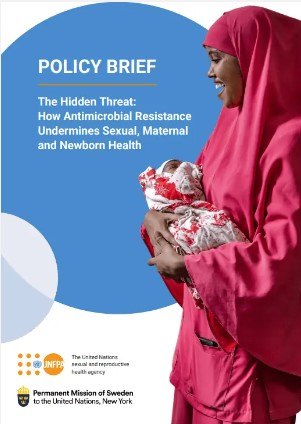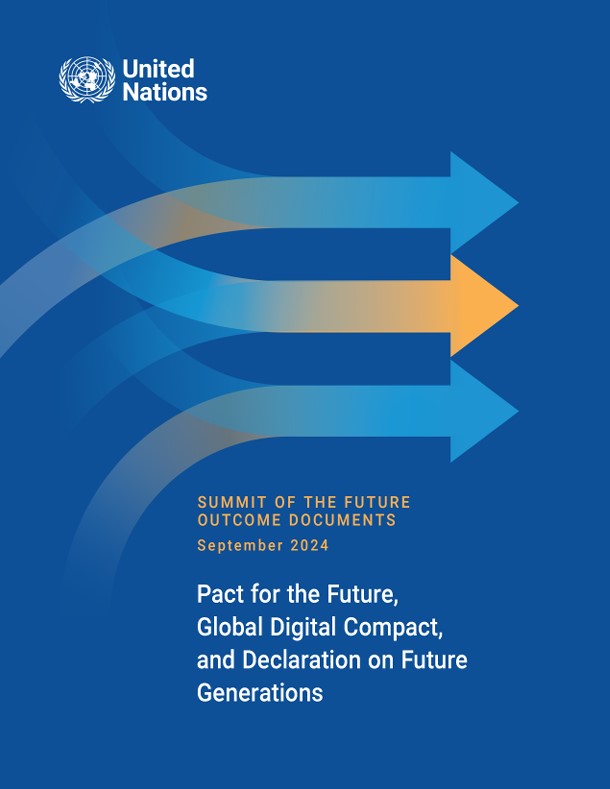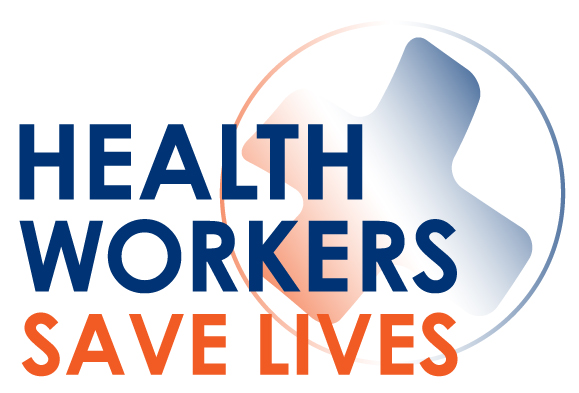Key Insights on Maternal and Newborn Health from UNGA79
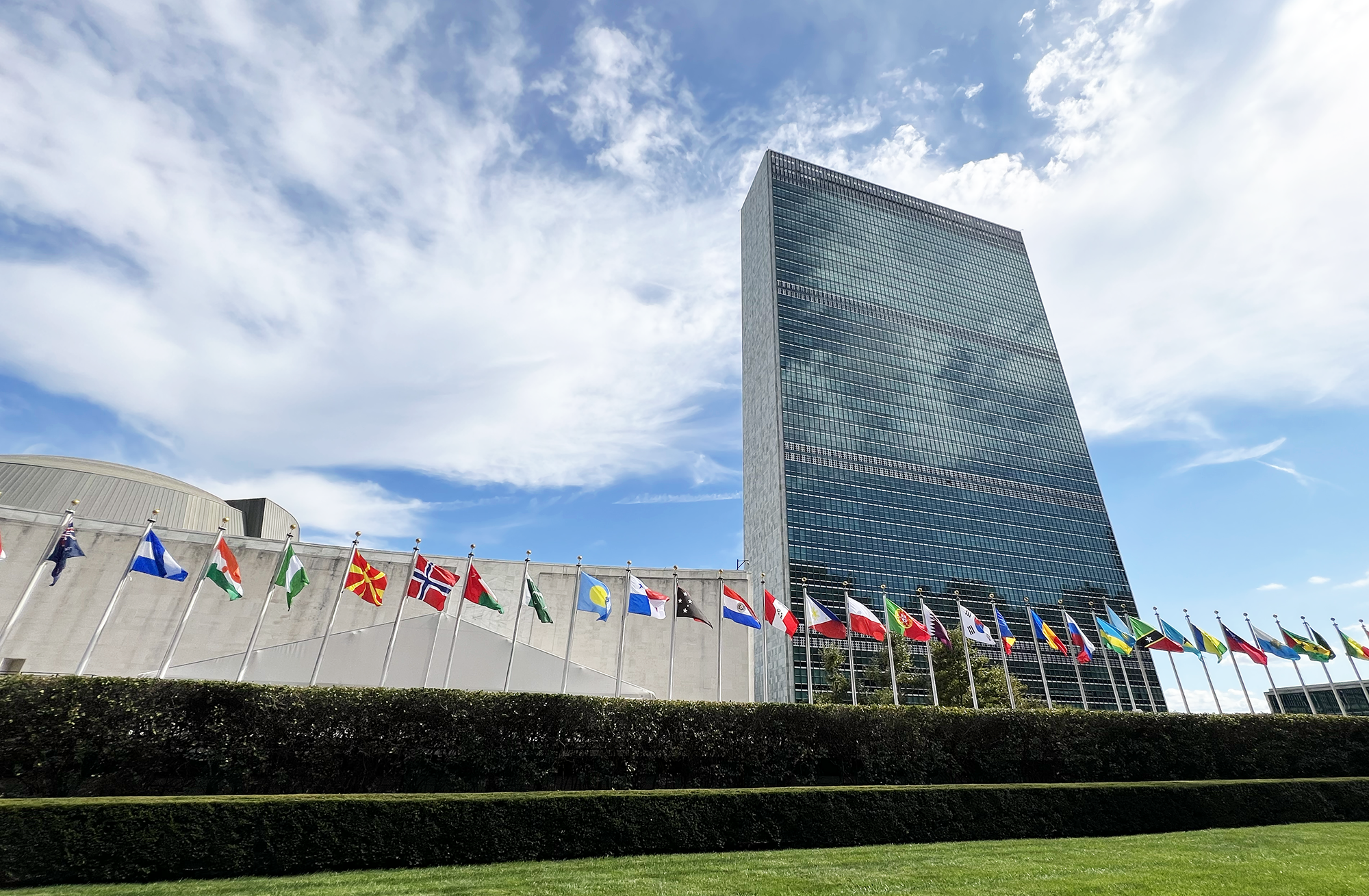
Every year, thousands of people gather in New York for the opening of the United Nations General Assembly (UNGA) and attend related side events throughout the city. Building on the global momentum from the Maternal, Newborn, and Child Health Resolution passed earlier this year at the World Health Assembly and a movement that was initiated at IMNHC 2023 last year, this year’s 79th UNGA marked another key moment to drive for accountability and action on maternal and newborn health. This year, the U.N’s high-level focus was on the Pact for the Future and antimicrobial resistance, both of which, alongside a multitude of cross-cutting side events, provided for a rich discussion on how to drive progress for MNH.
The Pact for the Future is a global political recommitment to the Sustainable Development Goals (SDGs) and aims to ensure that, going forward, all people can lead healthy, productive lives in an inclusive and equitable future. This pact recognizes the urgent need for investments in adolescent sexual and reproductive health and rights (SRHR), which are pivotal for safeguarding future generations. Each year, approximately 12 million girls aged 15–19 and around 777,000 girls under 15 give birth in developing regions. Alarmingly, complications from childbirth remain the leading cause of death for girls aged 15-19. As Dr. Natalia Kanem, Executive Director of UNFPA, poignantly stated, “The person who dies in childbirth is too often just a girl, not yet a woman.”
Another crucial high-level discussion centered around antimicrobial resistance (AMR) and the newly passed Political Declaration on AMR. Since the discovery of antibiotics in 1928, these life-saving drugs have become essential in healthcare. However, their overuse has led to a concerning rise in antibiotic resistance, a challenge that disproportionately affects vulnerable populations, including women and newborns in low-income countries. Sepsis, a life-threatening condition that occurs when the body has an extreme response to an infection, continues to be a leading cause of maternal and newborn mortality.
“While AMR is very much a global issue affecting all countries, those hardest hit are in places where proper lab diagnostics and antibiotics are not available,” said Amy Cannon, a Technical Advisor for Jhpiego and AlignMNH. “The Political Declaration on AMR signifies a global commitment to tackle this crisis through coordinated action, increased funding, and enhanced collaboration across sectors.”
Implementing key commitments from the AMR declaration could lead to improved monitoring, access to appropriate treatments, and enhanced infection prevention measures. “The scale up of point-of-care testing for a range of infections could have an enormous impact on our ability to provide the right treatment for the right patients at the right time,” added Dr. Lisa Noguchi, Director of Maternal and Newborn Health at Jhpiego and an advisor for AlignMNH.
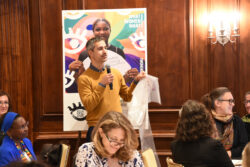
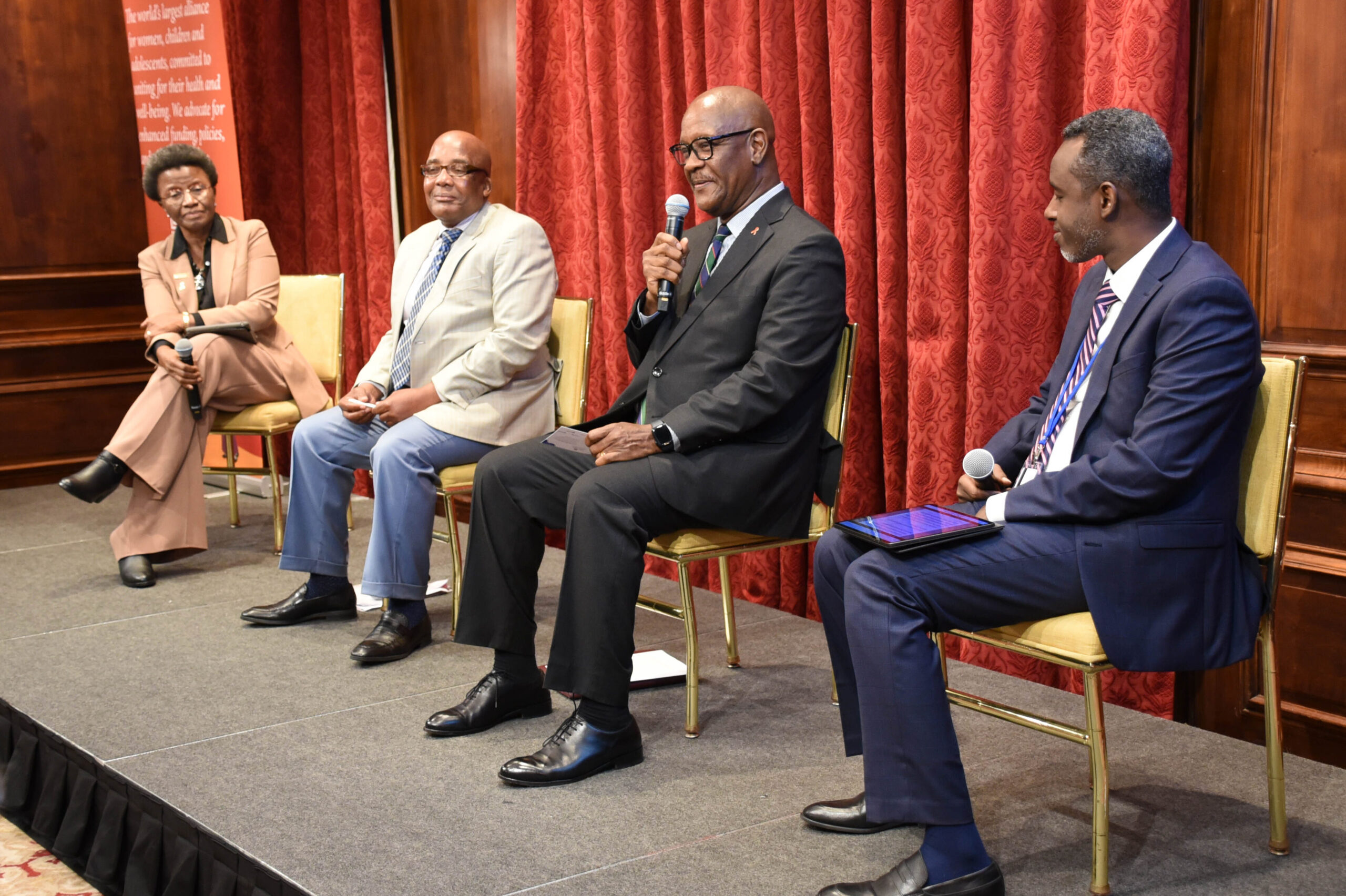
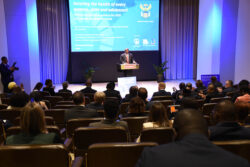
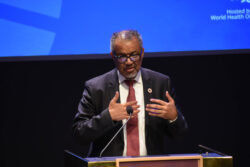
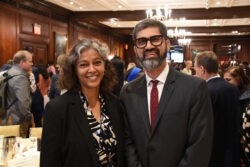
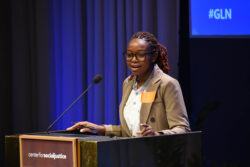
Interconnected Challenges
In a time of global polycrisis—climate change, ongoing armed conflict, humanitarian emergencies, the aftermath of the COVID-19 pandemic, and the threat of future pandemics—it is clear that for progress to happen in any health area, including MNH, we must take these shocks into account. For example, we know that currently, countries that have a UN Humanitarian Appeal account for an astonishing 58% of all global maternal deaths, 38% of newborn deaths, and 36% of stillbirths. We need global leaders that can look past short-term political gains and make decisions that affect future generations and the future of our planet. As former Colombian President Juan Manuel Santos stated, “Bold, long-term leadership is needed now more than ever.”
Investing in primary health care (PHC) was one strong solution for reducing the health sector damage from climate and pandemic shocks. “Rising health threats like AMR, pandemics, and climate change all depend on individual countries’ health systems,” said David Whineray, Director of Global Health at the FCDO. “For every £1 invested in health systems strengthening, it delivers £14 to the country as a whole.”
The Case for Primary Health Care
Health sector resilience in the face of these interconnected challenges—and progress in MNH—requires strong PHC systems, and we heard the call for PHC loud and clear at UNGA79. “We can’t address the health threats emerging around the world, or inequities in survival, unless it’s through primary health care,” said Dr. Atul Gawande, Assistant Administrator for Global Health, USAID. “We need strong country-led health systems, not disease-specific systems.”
PHC provides comprehensive, accessible, and continuous care that addresses the full spectrum of health needs from prevention to treatment. For maternal and newborn health, PHC delivers essential services such as prenatal and postnatal care, immunizations, and education on healthy practices, which are crucial for preventing complications and ensuring healthy pregnancies and births. But PHC strengthens a country’s health system overall, not just in one health area. It integrates health services to meet people’s needs throughout their lifetime.
“We’re talking about integration within a comprehensive primary health system that includes community health that meets most of what people need throughout their lifetime, close to where they live,” said Samantha Diamond, Vice President of Health Systems at Clinton Health Access Initiative.
Supporting Health Workers
Health workers, including midwives and nurses, are the backbone of any health system, and their well-being is crucial for addressing both current and future crises. At one side event, Yolanda Awel Deng, Minister of Health for South Sudan emphasized the importance of equipping health workers with the necessary skills and resources to navigate ongoing challenges. “At the heart of our response to this crisis is our workforce,” she said. “Dedicated men and women working in these conditions…Our health workers are the lifeline of our health care system.”
The health workforce is also important when it comes to addressing AMR and implementing strategies from the AMR Declaration. We must be investing in high quality pre-service education on infection prevention strategies and antimicrobial stewardship for nurses, midwives, and physicians before they enter the workforce.
A new campaign from the Frontline Health Workers Coalition and SEED Global Health brings greater attention to this issue. Health Workers Save Lives aims to amplify the message that we not only need to address the 10 million health worker shortfall, but also invest in continued health worker training and mental health support. Learn more about how to get involved in this year-long campaign here.
Calls for Political Accountability and Accelerated Financing
Amidst all of these discussions, a strong call for political accountability and financing resonated throughout UNGA79. “We are here at UNGA with political leaders…Our push for political answers should be stronger,” said Winnie Byanyima, Executive Director of UNAIDS.
Cyril Ramaphosa, President of the Republic of South Africa, hosted an event for the PMNCH Global Leaders Network, which highlighted the ongoing struggle for countries to allocate sufficient domestic funding to health needs. “Countries are struggling with domestic funding allocation to cover all these essential needs,” President Ramaphosa said. “The Global Leaders Network provides a platform for leaders like ourselves to work together to address these persistent issues.”
Githinji Gitahi, CEO of Amref Health Africa, stressed the need for high-quality commitments that genuinely reflect a country’s needs and are accountable to its people, alongside country-level civil society advocacy and engagement. “We have to support those who hold the policies to make sure the policies actually save lives.”
A Call to Action
Jacquelyn Caglia of MSD for Mothers reminded us that it is imperative to have finance, focus, and will to accelerate our actions for maternal and newborn health. As we reflect on the insights gathered from UNGA79, the urgency of the situation cannot be overstated: as it stands now, four out of five countries will not meet their SDG targets for MNH. With just six years left until the SDG deadline, it’s imperative that we act swiftly and decisively and learn from what’s working. Anita Gibson, Secretariat Director of AlignMNH, encapsulated this at the 12th Annual PMNCH Accountability Breakfast: “We have to figure out how to share learnings rapidly in order to drive progress.”
AlignMNH remains committed to enhancing access to vital knowledge and fostering an inclusive community that supports countries in achieving their health agendas. Together, we can drive meaningful change in maternal and newborn health, ensuring a healthier future for all.
